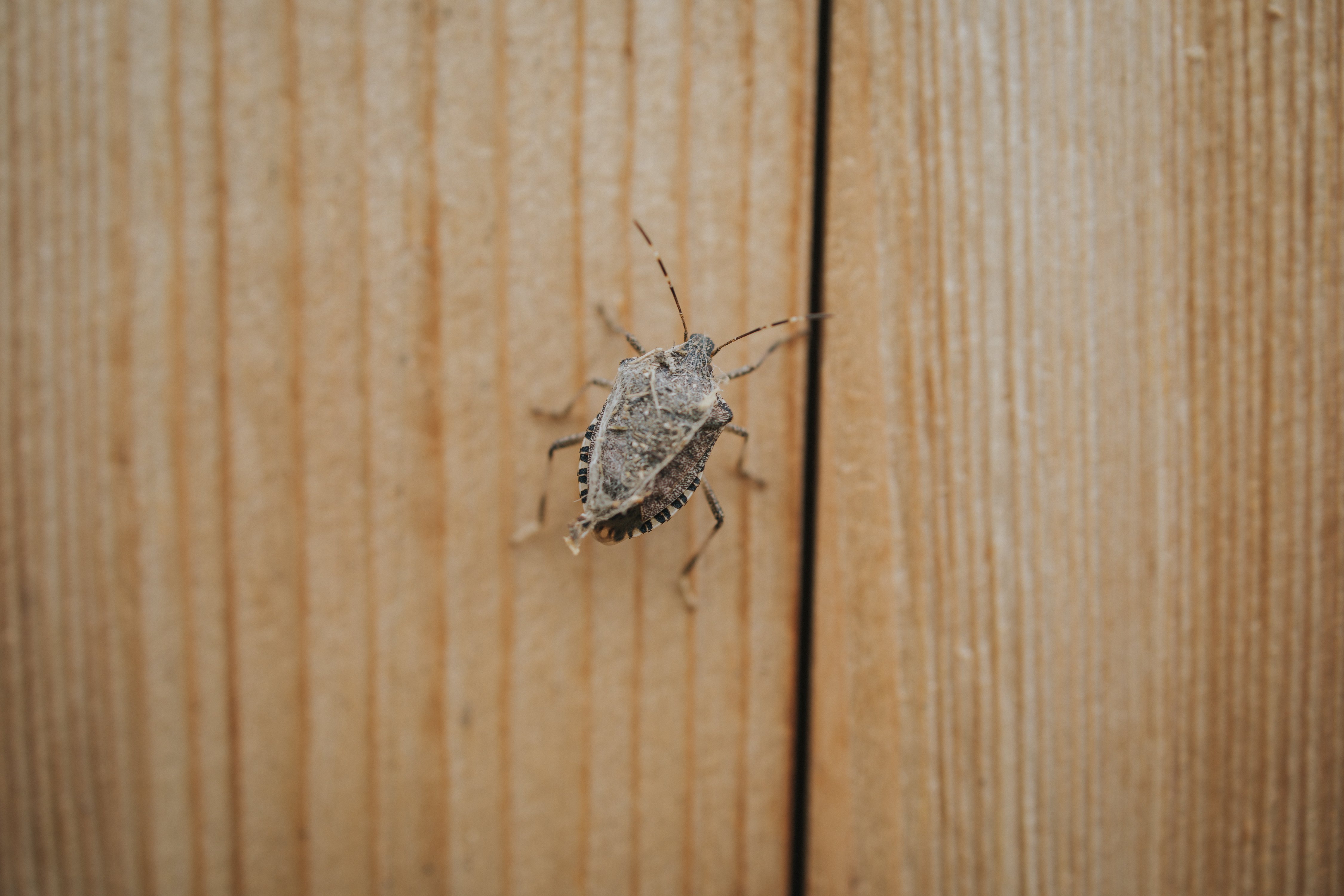Stinkbugs Are Coming: Stopping these Overwintering Pests in the Fall

Have you ever wondered how stink bugs choose which home to invade for the winter? These small, invasive, and odorous insects are known for entering area homes, reproducing at astounding rates, and creating large nuisance infestations. Here's what local residents need to know about identifying stink bugs, the problems stink bugs cause in New Jersey, Pennsylvania, Delaware, and Maryland homes, factors that attract them, and ways that overwintering pest protection can proactively prevent a stink bug infestation.
How To Identify a Stink Bug
The easiest way to identify stink bugs is from the unpleasant odor they emit. These bugs produce a smelly chemical from a gland on their abdomens that they can spray several inches in defense against predators.
Aside from their smell, you might be wondering, what does a stink bug look like? These insects are fairly easy to identify. They are mottled gray-brown with a triangular shield-shaped back, long antennae with lighter bands, and wings with darker bands. Adults are strong fliers and grow to be around 3/4 of an inch in length and nearly as wide, while nymphs do not have fully developed wings and are yellow and red before completing the molts necessary to grow to their adult size.
Stink Bugs Are An Invasive and Rapidly Reproducing Pest
Stink bugs are thought to have arrived in the United States in the 1990s and, in just 30 years, have already spread across 44 states. While they do not cause structural damage to homes or spread disease because they are invasive and have no natural predators, their populations often go unchecked.
Stink bugs produce two to three generations a year, with females laying 20-30 eggs. They spread rapidly and result in large populations that often damage crops and gardens. While not a significant threat to your health, stink bugs in your house can be overwhelming in large numbers.
Factors That Attract Stink Bugs to Homes
Stink bugs are an overwintering pest, which means they look for shelter for the winter during the Fall months and emerge in the Spring. Other overwintering pests include Box Elder Bugs, Assassin Bugs, Ladybugs and more.
Stink Bugs invade homes in the late summer or early fall as the temperatures start to drop. They'll find a warm, sheltered area to overwinter and will reemerge in the spring. They are attracted to bright lights and are more likely to enter homes with easy access points through gaps and cracks in exterior walls.
You can keep stink bugs away from your home by taking the following preventative measures:
- Seal gaps and cracks in your exterior walls and foundation with silicone-based caulk to keep stink bugs out.
- Install door sweeps and weatherstripping to reduce gaps around windows and doors.
- Increase ventilation and use dehumidifiers as needed to eliminate excess moisture.
- Trim shrubs and bushes away from exterior walls so that stink bugs don't travel from branches onto your home.
- Remove organic debris like grass clippings, mulch, and leaf piles from your yard. If there are fewer harborage areas for stink bugs in your yard, they will be less likely to wander into your home.
Another great way to prevent stink bugs is by using a professional pre-treatment from Masters Touch Pest Solutions in the late summer.
The Best Way to Eliminate a Stink Bug Infestation
The best stink bug removal in the Mid-Atlantic comes from Viking Pest Control. For more than 40 years, we have been helping homes and businesses remove occasional invaders from homes and yards and protect them from future infestations. We tailor our treatments to meet the needs of your home and work hard to provide quality results. Call today to find out more about our family-focused, high-quality, experienced, and effective pest control solutions in New Jersey, Pennsylvania, Delaware, and the Eastern Shore of Maryland.











